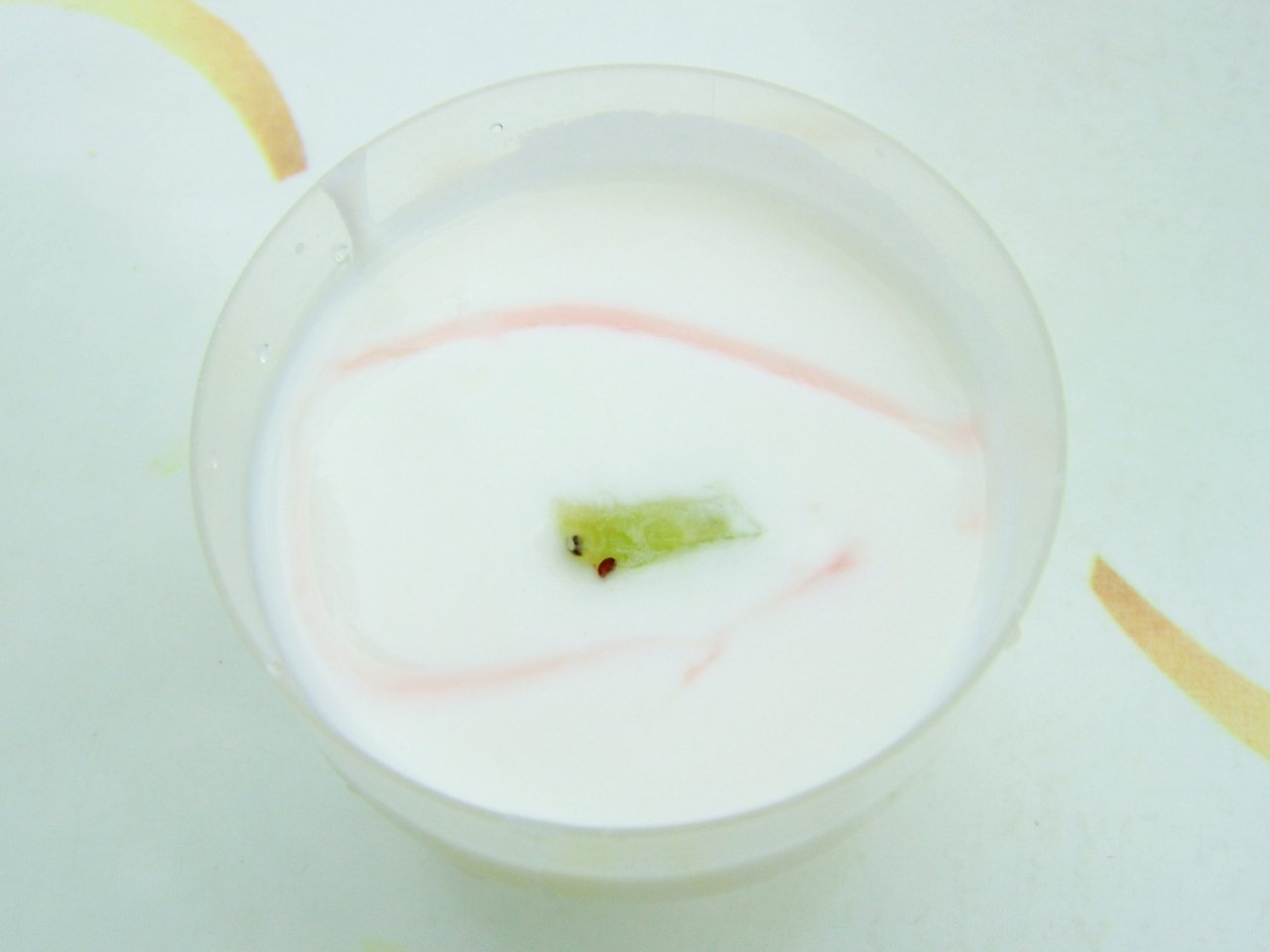
Poop & Weight Loss/Gain: How Your Bowel Health Impacts Your Scale
Your scale isn’t measuring fat — it’s measuring what your gut hasn’t let go of. Hidden stool retention, slow motility, and gut bacteria can quietly

Home » The Power of Prebiotics: A Guide to Enhancing Gut Health
Unlocking the secret to a healthy gut: Prebiotics
Your gut health plays a vital role in your overall well-being. From digestion and nutrient absorption to immune system function and mental health, a balanced gut microbiome is essential. While probiotics often steal the spotlight when it comes to gut health, there’s another crucial player in the game: prebiotics. In this blog post, we will delve into the benefits of prebiotics, explore their food sources, and provide practical tips on incorporating prebiotics into your daily routine.
To understand the power of prebiotics, let’s start with a brief definition. Prebiotics are non-digestible fibers that serve as food for the beneficial bacteria in your gut. Unlike probiotics, which are live bacteria, prebiotics act as fuel for these beneficial microbes, helping them flourish and maintain a healthy balance within your gut microbiome. This delicate balance is crucial for optimal gut health.

Improved digestion and nutrient absorption: Prebiotics promote a healthy gut environment, aiding in the breakdown of food and the absorption of essential nutrients. They also help regulate bowel movements, preventing issues like constipation.
Strengthened immune system and reduced inflammation: A well-nourished gut microbiome supports a robust immune response, reducing the risk of infections and promoting overall immune system health. Additionally, prebiotics help modulate inflammation in the body, contributing to a balanced immune system.
Weight management and blood sugar regulation: Prebiotics play a role in maintaining a healthy weight by influencing the release of hunger hormones and regulating blood sugar levels. They can also improve insulin sensitivity, reducing the risk of metabolic disorders such as type 2 diabetes.
Mental health support and reduced risk of mood disorders: Emerging research suggests a strong link between gut health and mental well-being. Prebiotics can positively impact mental health by influencing neurotransmitter production, reducing anxiety and depression symptoms, and enhancing overall mood.
Enhanced mineral absorption and bone health: Prebiotics help improve the absorption of minerals such as calcium and magnesium, essential for strong bones and overall skeletal health. A healthy gut microbiome contributes to better nutrient uptake, benefiting your entire body.

Now that we understand the benefits of prebiotics, let’s explore some of the best natural food sources to incorporate into your diet.
High-fiber fruits and vegetables: Fruits like bananas, berries, and apples, along with vegetables such as garlic, onions, asparagus, and artichokes, are excellent sources of prebiotic fibers. These colorful and nutritious foods are easy to include in various meals and snacks.
Whole grains and legumes: Foods like oats, barley, quinoa, lentils, chickpeas, and beans provide a double punch of fiber and prebiotics. Consider swapping refined grains for whole grain alternatives and incorporating legumes into your diet regularly.
Nuts, seeds, and their health benefits: Almonds, walnuts, flaxseeds, chia seeds, and other nuts and seeds are rich in both fiber and healthy fats. These make great additions to your meals, salads, or smoothies, providing a nutrient boost along with prebiotic benefits.

Now that you know the top sources of prebiotics, let’s discuss practical tips for increasing your prebiotic intake:
Diverse and balanced meals: Aim to have a diverse range of prebiotic-rich foods in your meals. This ensures that you’re providing different types of fiber to support a variety of beneficial gut bacteria. Include a colorful assortment of fruits, vegetables, whole grains, legumes, nuts, and seeds in your diet.
Meal planning and portion control: Plan your meals to include prebiotic foods. Consider incorporating them into breakfast smoothies, salads, stir-fries, soups, and side dishes. Be mindful of portion sizes to maintain a balanced overall diet.
Experiment with recipes: Explore new recipes that feature prebiotic-rich ingredients. From roasted garlic hummus to fiber-packed overnight oats with chia seeds, there are countless creative and delicious ways to incorporate prebiotics into your meals.
Be mindful of cooking methods: Some prebiotic fibers are more heat-resistant than others. To preserve their prebiotic content, consider using gentle cooking methods like steaming, sautéing, or enjoying certain fruits and vegetables raw.
Stay hydrated: Adequate water intake is crucial for optimal digestion and the effective functioning of prebiotic fibers. Ensure you’re drinking enough water throughout the day to support the beneficial effects of prebiotics.

While obtaining prebiotics from whole foods is ideal, some individuals may consider prebiotic supplements. Here are some factors to consider before incorporating them into your routine:
Individual needs and goals: Consult with a healthcare professional to assess whether prebiotic supplements align with your specific health needs and goals. They can provide personalized guidance based on your unique circumstances.
Quality and reliability: If you decide to take prebiotic supplements, choose reputable brands that undergo rigorous testing and quality control. Look for third-party certifications and consult user reviews to ensure you’re selecting a reliable product.
Potential risks and side effects: While prebiotic supplements are generally safe, some individuals may experience digestive discomfort, such as bloating or gas, when first incorporating them into their routine. Start with a lower dose and gradually increase to minimize potential side effects.
Supplement and medication interactions: If you’re currently taking medications or have underlying health conditions, it’s essential to discuss potential interactions with your healthcare provider before starting prebiotic supplements.
The power of prebiotics in promoting gut health and overall well-being is undeniable. By incorporating prebiotic-rich foods into your diet, you can nurture a diverse and thriving gut microbiome, reaping benefits such as improved digestion, enhanced immune function, and better mental health. Remember to focus on a diverse range of whole foods, experiment with recipes, and make gradual changes to allow your gut to adjust. While prebiotic supplements can be an option, it’s essential to consult with a healthcare professional to determine if they align with your specific needs. Prioritize your gut health today, and pave the way for a healthier and happier you.

Your scale isn’t measuring fat — it’s measuring what your gut hasn’t let go of. Hidden stool retention, slow motility, and gut bacteria can quietly

Your poop is a real-time report card on your gut health—and most people are ignoring it. From color changes to weird shapes to the clues

Wheat isn’t the villain—it’s the kind of wheat that’s wrecking your gut. From ancient grains to modern hybrids, discover how today’s wheat triggers inflammation, worsens

Your gut isn’t just digesting food—it’s controlling your hunger, energy, and even how fast you burn fat. Inside you is a powerful hormone called GLP-1,

Happy Poops.
What about your friends?